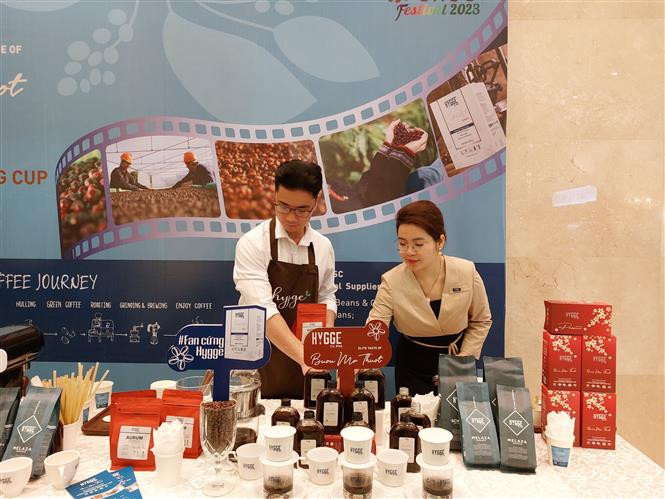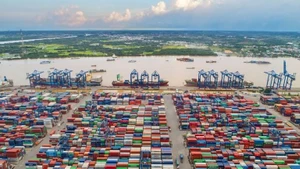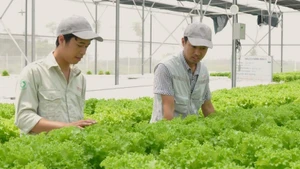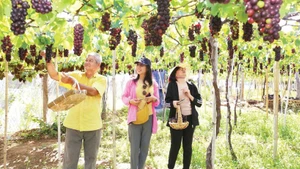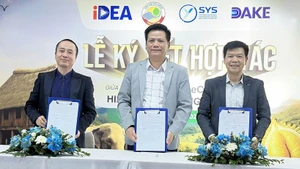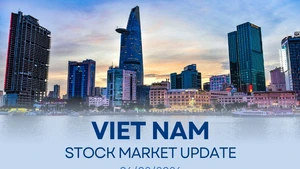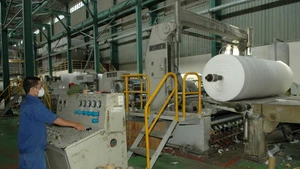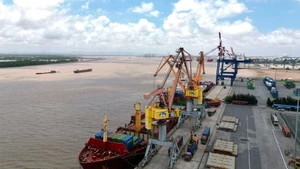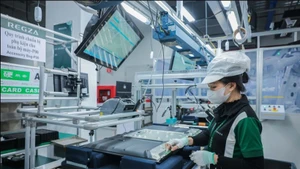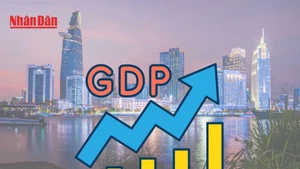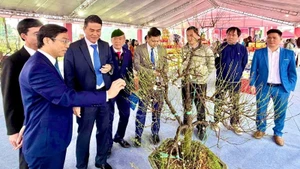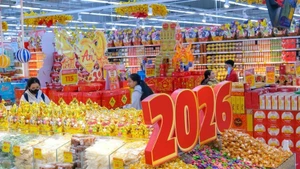Buon Ma Thuot is known for its coffee products with exquisite and flavourful blends that are highly favoured worldwide.
It also holds an important position in terms of politics and economy, serving as a hub in the Central Highlands region, which boasts beautiful landscapes and cultural, historical, and artistic heritage of significant value.
Particularly, the ecological and agricultural conditions have helped the locality produce Robusta coffee of higher quality than many other old-world robusta coffee-producing countries.
In addition, Buon Ma Thuot is also famous for its distinctive festivals that are well-known among both domestic and international tourists. These include the Gong Culture Festival and the water wharf worshipping festival. Notably, the Buon Ma Thuot Coffee Festival, which was recognised as a national-level festival, is held every two years.
Under Resolution No.103/NQ-CP on the Action Programme of implementing Conclusion 67-KL/TW of the Politburo on developing Buon Ma Thuot city to 2030 with a vision to 2045, the Government has assigned the local People's Committee to build a project for developing Buon Ma Thuot into a global coffee mecca. It has also been advised to promote tourism in an ecological direction and bring into full play local cultural values associated with national relic sites.
Resolution No. 72/2022/QH15 of the National Assembly on piloting a number of special mechanisms and policies for the development of Buon Ma Thuot city of Dak Lak province issued recently is an important milestone and creates a significant foundation for building the image of a global coffee centre.
The project is expected to serve as a firm platform to promote the brand of Buon Ma Thuot coffee and Vietnamese coffee, as well as the unique ecotourism and cultural tourism products of the Central Highlands region.
Le Duc Huy, General Director of Simexco Dak Lak - the largest coffee export enterprise in Dak Lak - underlined the need to focus on intensive processing, towards transforming Buon Ma Thuot in particular and the Central Highlands region in general into a global coffee processing hub.
It is necessary to plan and build industrial clusters and foster connectivity between Buon Ma Thuot and localities in the Central Highlands in order to establish supporting industrial clusters, thus attracting domestic and foreign businesses to invest in intensive processing systems for high-quality and specialty coffee products in the region, he added.
The government should provide tax incentives related to land, corporate income tax, and import tax to support domestic enterprises and coffee exporters in investing in intensive processing plants, thereby improving the value of the coffee industry, he noted.
The official also emphasised the necessity to pay special attention to promoting the brand and quality of Vietnamese coffee.
Vietnamese coffee is now highly valued in the global marketplace for stable quality and meeting the requirement of many markets, but the price still remains low because the national brand of Vietnamese coffee is still weak, Huy said.
The quality of Vietnamese coffee is highly valued in the global market, with stable quality and meeting the requirements of many markets. However, it is still subjected to price pressure due to the need to grow the national brand.
He stressed that it is necessary to organise international specialty and high-quality coffee contests to draw coffee roasters and renowned experts from around the world.
Vietnamese coffee producers and exporters should also participate in exhibitions and trade fairs in order to widely promote Vietnamese coffee to global consumers, he added.
Huy suggested immediately building a specialised coffee training centre in Buon Ma Thuot city, which will cover all aspects of the coffee value chain, from seed selection, cultivation practice, processing, roasting, and brewing, to logistics, and export. This will help train skilled labourers to meet the demands of the coffee industry in the coming time.
According to a representative of Trung Nguyen Legend Group, the five core pillars to develop Buon Ma Thuot into a global centre are public policy, infrastructure, workforce, finance, and technology. These pillars should be prioritised to create a breakthrough foundation for Buon Ma Thuot, and Dak Lak and the Central Highlands region in general, and the coffee industry as a whole.
Vice Chairman of the People’s Committee of Buon Ma Thuot city Tran Duc Nhat said that over the recent years, the locality has paid attention to urban construction management, and infrastructure upgrades.
One of the highlights of the future coffee city will be the maintenance of the existing identities of the more than 40 ethnic groups to attract visitors.
All urban functional areas and architectural works will be turned into tourist destinations, and more efforts made to attract investors and talents to work in the city, he added.
Coffee was first cultivated in Vietnam in 1857. Dubbed as the coffee capital of Vietnam, Dak Lak province has the largest farming area of around 210,000 hectares with an annual output of more than 520,000 tonnes. Meanwhile, Buon Ma Thuot is home to some of the finest coffee in Vietnam.
